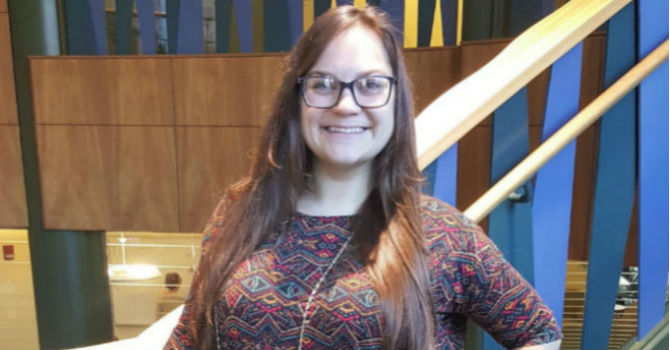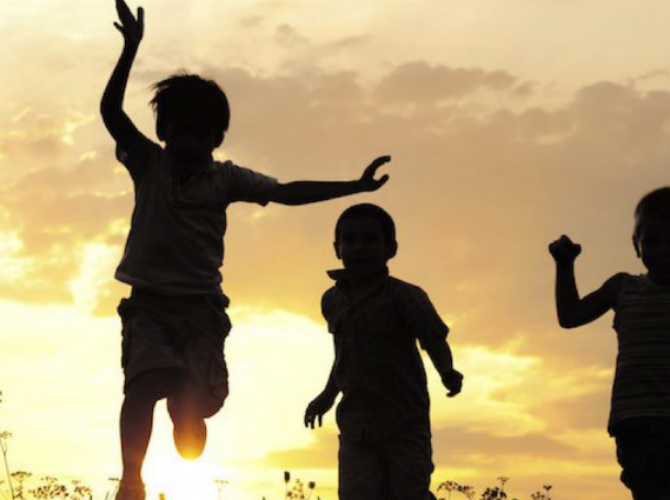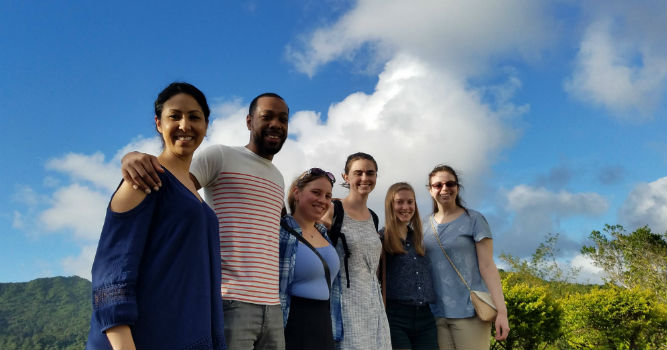Out of Sight and Out of Mind

Brittany McQueer
Public Health Teams Work to Bring the Forgotten People of The Rio Grande Valley, Texas Out of the Shadows and Give Them a Voice
February 20, 2018, Health Behavior and Health Equity, Students, Practice
Today I'd like to share some thoughts about forgotten people. The concept was first introduced to me as a child with the faces on milk cartons and newspapers of missing children who had been missing for 20 plus years but still had advertisements out for them. It was so easy to think, "nope haven't seen 'em," flip the page, recycle, and forget. Then, again, as a high school teacher I worked with the students who had "slipped through the cracks." I remember thinking, "how could this kid's middle school teacher pass them on to high school when they don't know how to assemble a paragraph or even know their multiplication tables?" As that first year of teaching (and the subsequent five years) progressed, I began to understand how easy it is to forget about a student - I was 100% guilty. That feeling left me feeling inadequate - like a failure. The thing about it is though, it wasn't my fault, I wasn't lacking a necessary skill or being lazy, it was all the other "stuff" - the bureaucracy, the class size, the lack of support, etc.
We see this forgetful trend in many other facets of life, as well. Most predominately in public health. Honestly public health is set up for failure, how can you address all the people's health needs for their whole life? It seems impossible, right? Luckily, there are small (and large) organizations of people tapping into individual communities every day, attempting to reach each individual and make sure their health needs are met.
For example, in the Rio Grande Valley of Texas teams from University of Texas - Rio Grande Valley work in conjunction with both the Mexico and US public health divisions to address the health of those who live there and who may have been forgotten. Many of the families that live there have been living there since before the wars for independence. These are large family systems that have deep roots, have unique identities from their neighbors, and have experienced historical trauma. Some of these families are lucky enough to own rich cattle ranches, citrus farms, or large malquiladoras (cheap labor factories). While some forgotten others live in very poor rural villages outside of the city limits called colonias. These communities are "out if sight and out of mine" as city governance does not claim responsibility for their basic municipal services. The origin of these colonias was directed by land developers in the 1950's in an attempt to give very poor immigrants some small piece of hope, in the form of cheap low-quality land, while at the same time isolating them away from the cities and creating virtually no accountability by the cities to care for these communities and the residents. As time progressed, just as originally intended, these communities have become forgotten and thus too the individuals that reside in them. While we can not go back to right the wrongs of the past, we can work in the present to bring value to these families' lives and stories by connecting them to the health resources they so desperately need.
I am lucky to be traveling with a fantastic team of individuals from my Public Health in Action class at the University of Michigan to the University of Texas Rio Grande Valley to engage in work to address forgotten people in that region. My team will be administering health surveys that seek to find Valley wide information about mental health stigma, need, resources, and to evaluate telehealth outlets that have been implemented there to meet some of the existing health needs. Public health workers there aim to connect with every person who resides in the Valley, listen to their needs and implements programs so that their voices can be heard, and their health needs met.
To read more stories of Texas border colonia residents follow the links below:
- https://www.aljazeera.com/indepth/features/2016/11/living-edges-life-colonias-texas-161103082854630.html
- http://abcnews.go.com/Nightline/video/hidden-america-life-las-colonias-16216812
- https://www.theatlantic.com/business/archive/2016/03/the-americans-without-running-water/471909/
I'd love to hear from you! When did you first realize there were forgotten people?
If you feel like you are a forgotten person, remember that you are alive and you matter. I'm sending all my love to you. If you feel like you need to reach out to someone please call this number 1-800-273-TALK (8255) or Text "home" to 741741 to be connected to a mental health professional.




